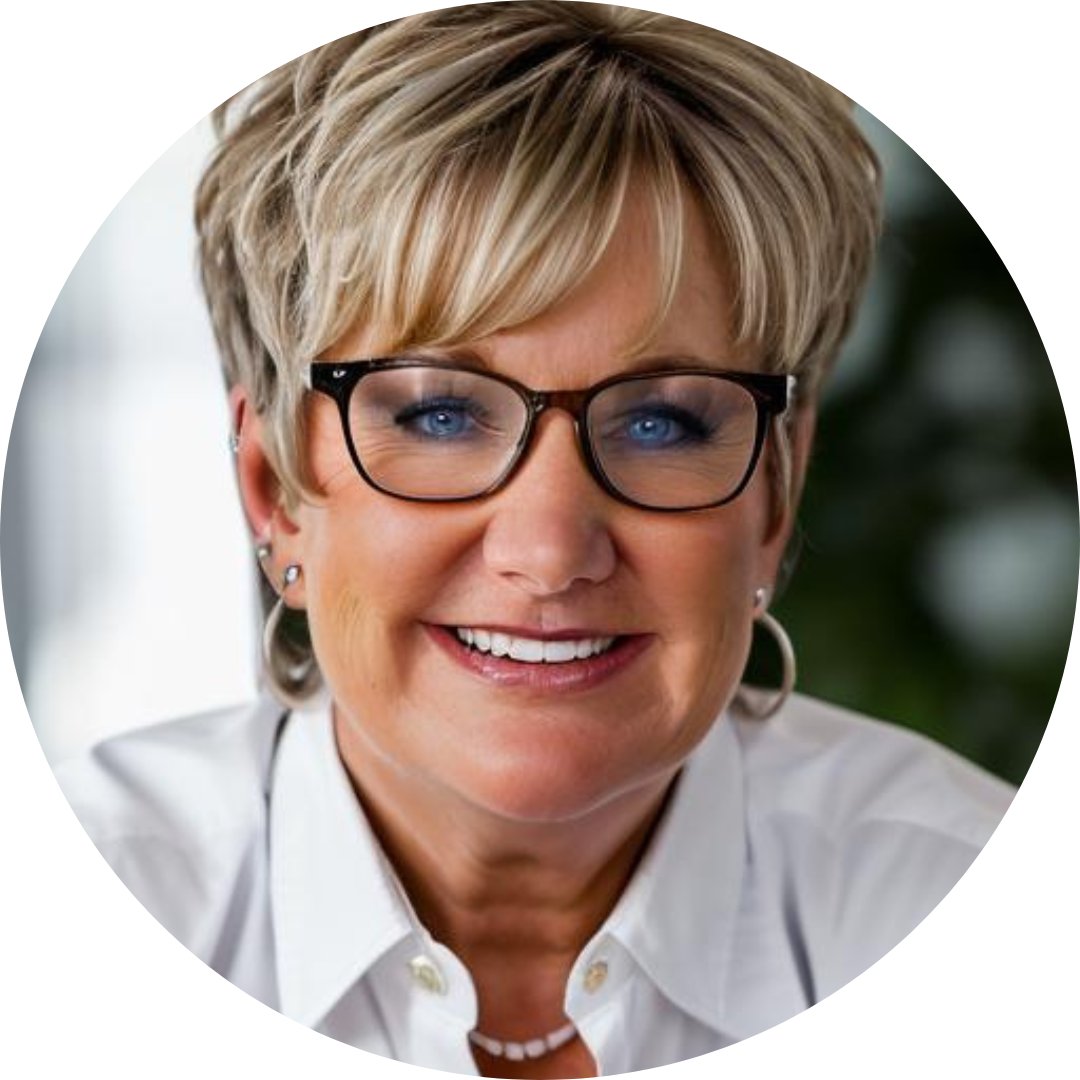Voting and Jordan: A Reflection on Fairness and Authenticity

The 2024 Presidential election has come and gone, and as the dust settles, we’re all reflecting on the impact of our votes and what they mean for the future. It's the time when we hear about making our voices count, about how every vote matters. As a citizen, I absolutely agree with this—it’s a cornerstone of our democracy.
This always makes me think about the choices we make—not just at the ballot box, but in our roles as parents and caregivers and as Jordan’s mom and caregiver, my perspective on voting comes with a twist. For me, one of those choices is about my son Jordan and whether or not he votes.
Jordan is 28 years old. He’s an incredible human being with a unique way of seeing the world. As his guardian, I make many decisions on his behalf, always striving to respect his individuality and honor what’s best for him. But when it comes to voting, I’ve made a conscious decision: Jordan doesn’t vote.
Why Jordan Doesn’t Vote...
It’s not because I don’t value his right to vote. Quite the opposite. I deeply respect the responsibility that comes with voting. But for Jordan, the concept of voting—the idea of selecting leaders or deciding on issues—doesn’t hold meaning. He doesn’t grasp why it’s important, and that’s okay.
Here’s my reasoning: If Jordan were to vote, he wouldn’t be expressing his own opinions or beliefs. He’d simply be reflecting mine. Essentially, his vote would be another vote for whoever I choose. That doesn’t feel right to me. Voting is personal. It’s about making your own voice heard, and if Jordan isn’t able to make those choices independently, then asking him to vote wouldn’t truly honor his individuality—it would make it my vote twice over.
Being a caregiver to someone with autism means navigating a lot of decisions that look different from typical parenting. You weigh everything, from daily routines to long-term plans, with their unique needs in mind. When it comes to voting, I asked myself this: What would honoring Jordan’s autonomy look like in this situation?
For me, the answer was clear. Autonomy isn’t about checking a box because society expects it. It’s about making choices that reflect his understanding and values—or recognizing when he’s not in a place to make those choices at all.
I realize this might be a polarizing view. Some might argue that every vote counts, regardless of the circumstances. Others may feel strongly about exercising rights even if a deeper understanding isn’t present. And I get that. But in Jordan’s case, I choose to honor the spirit of what voting represents: making informed choices that reflect your values.
I also know that other moms and caregivers might face this same decision. Maybe you’ve felt torn about whether to register your child to vote or struggled with whether their participation in the process is authentic. If that’s you, know this: You’re not alone in navigating these complex questions.
At the end of the day, this decision boils down to fairness—fairness to Jordan and fairness to the process. My role as his mom isn’t to dictate what milestones he should meet or check off. It’s to walk alongside him, honoring who he is and supporting him in living authentically. For Jordan, that means not voting, and that’s okay.
As moms raising children with autism, we often face uncharted paths, and we make decisions that aren’t always understood by others. But if there’s one thing I’ve learned, it’s that our decisions don’t need to make sense to everyone—they just need to honor our children.
So, to all the moms out there navigating similar waters, know this: You are doing amazing. Trust yourself, trust your child, and know that whatever decisions you make, when they come from a place of love and respect, you’re making the right ones. 🥰
Jordan may not vote, but his voice still matters—in our family, in our world, and in every choice I make as his mom. And that’s what truly counts. 💙
This was written by Shannon Urquiola, Not Your Average Autism Mom

Shannon shares her lived experiences in hopes of creating a more inclusive world for our children and adults on the spectrum.
Our mission is to equip families with resources, training, coaching, and community support. We believe if you are willing to expose yourself, your child, and your family to the world with kindness and honesty that compassion and understanding will follow.
She presents to organizations and businesses in person and virtually.

